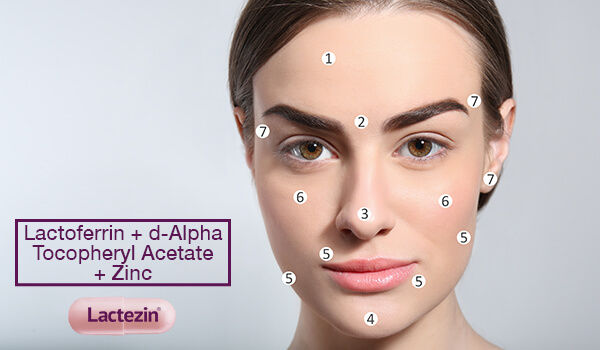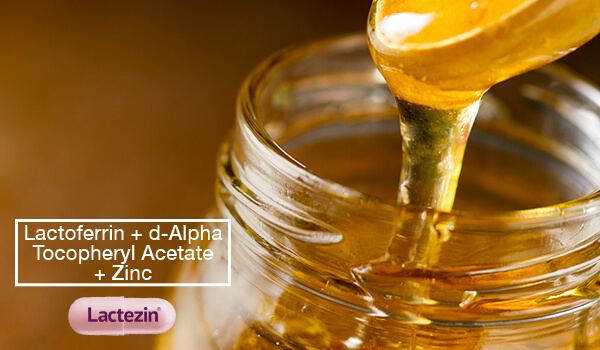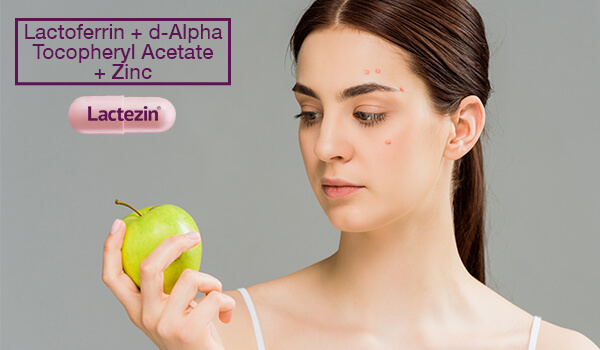Facts You Didn’t Know About Oily Skin

Fact: everyone has oil in their skin. And this is important as sebum (oil) makes sure that your skin is healthy, lubricated and protected. But when too much oil is produced, problems such as acne and breakouts can be a handful!
Got oily face and skin? Read on and be guided with facts, as well as remedy suggestions for managing oily skin.
The Causes You May Not Know Of
You know you have oily skin when your face is constantly shiny, and you normally use multiple sheets of blotting paper every day. Before we get to the facts and ways on how to manage around this particular skin type, here’s a little refresher on oily skin type and its causes.
Medically called seborrhea, oily skin is marked by excess production of sebum or oil. Although puberty is the common cause of oily skin, it certainly is not the only factor or trigger for excess oil in skin.
Age & Hormones
It’s true that the skin gets extra oily and shiny during puberty years. But to dive a little deeper into this, the real culprit behind puberty causing excess sebum lies in hormones.
Sebaceous glands are controlled and influenced by hormones. When hormone levels increase so does the production of sebum. It’s also important to note that hormonal ups and downs go beyond puberty. Menstrual cycles, stress and changes in emotional state can trigger hormonal changes that lead to oily skin.
Genetics?
Skin types tend to run in families. If you have oily skin, there’s a good chance that your parents have overactive sebaceous glands too!
Using the Wrong Products
Oil may also be caused by using skin care products that don’t go well with your skin type. Using heavy creams for oily skin, for example, is a disaster waiting to happen. The key is identifying and understanding which ingredients may worsen oily skin.
Climate
While genetics and age drive the underlying causes of oily skin, where you live and what the weather are factors to keep your eye on too. People tend to have oilier skin in hot, humid climates.
The Skin’s Natural Moisturizer
Sebum is the skin’s natural hydration source and protection. When skin cells are moisturised, they are able to function much more effectively, producing proteins and compounds such as collagen, elastin and lipids like a well-oiled machine.
While it can be problematic, having oily skin is not all bad. It comes with a benefit too! The oily skin type is known to age slower compared to normal, combination and dry skin types. What’s more is that oily skin rarely looks dull. When cared for properly, oily skin can look balanced with a less oily, more dewy appearance.
Can You Change Having Oily Skin Over Time?
Some say you can, some say you can’t. But while the question is still a debate among skin experts, one fact you can rely on is that there are ways to manage your skin type. What you eat, what you do and the products you use are just some of the things that can actually influence your skin.
Managing an Oily Face & Skin with Remedies
Skin experts agree that there are a couple of easy lifestyle changes we can make to keep skin shine-free. Try these suggestions:
Eating the Right Food
Processed foods can trigger inflammation and oil production. Switch from unhealthy trans fats to anti-inflammatory fats with food such as salmon, mackerel, almonds, walnuts and avocado.
Following a Good Skincare Routine
Especially for an oily face and skin, an easy remedy is to regularly follow skincare routine. Keep in mind that the target is to keep oil level in check, not to strip it off completely. Doing may only trigger sebaceous glands to produce more oil.
- Wash regularly with warm water and a gentle soap. Avoid using loofahs, rough washcloths and cleansers with harsh chemicals such as salicylic acid, glycolic acid, beta-hydroxy acid, and benzoyl peroxide. For many people with oily skin, fragrance-free glycerin soap works wonders.
- Use a toner with natural astringents such as witch hazel has anti-inflammatory and soothing properties. Alcohol in regular toners may only dry and irritate your skin.
- Don’t forget to moisturize. While it might feel a little counter-productive, regularly moisturising helps keep your skin’s oil production in check. Make sure to use light, non-comedogenic formulas as they preserve the skin’s natural defense against spots and blemishes without clogging pores.
- Keep blotting sheets on hand. No, blotting sheets won’t treat or correct oily skin. But they can be handy in terms of wiping off excess oil on your face during any part of the day.
- Put on a facial mask. Facial masks come in a wide variety. Look for those with natural ingredients that have been studied to be beneficial for oily skin. Test it out with clay, honey or oatmeal variants!
Try Oral Medication
Consider using oral medication that can help manage oily skin and the acne problems that come with it. With continued use, lactoferrin, vitamin E and zinc in Lactezin helps lessen pimples in as early as 2 weeks!
Remedy an oily face and skin with best practices and the right skincare products. Get your acne questions answered with expert pimple care tips and advice, only from Lactezin.
If symptoms persist, consult your doctor.
ASC Ref. No. U029P042221LS
SOURCES:
https://www.cosmopolitan.com/uk/beauty-hair/a25354924/surprising-facts-oily-skin/
https://www.skincare.com/article/oily-skin-facts-expert-advice-to-care-for-oily-skin
https://www.medicalnewstoday.com/articles/321090#outlook
https://www.healthline.com/health/beauty-skin-care/zinc-for-acne
https://www.medicalnewstoday.com/articles/322639


